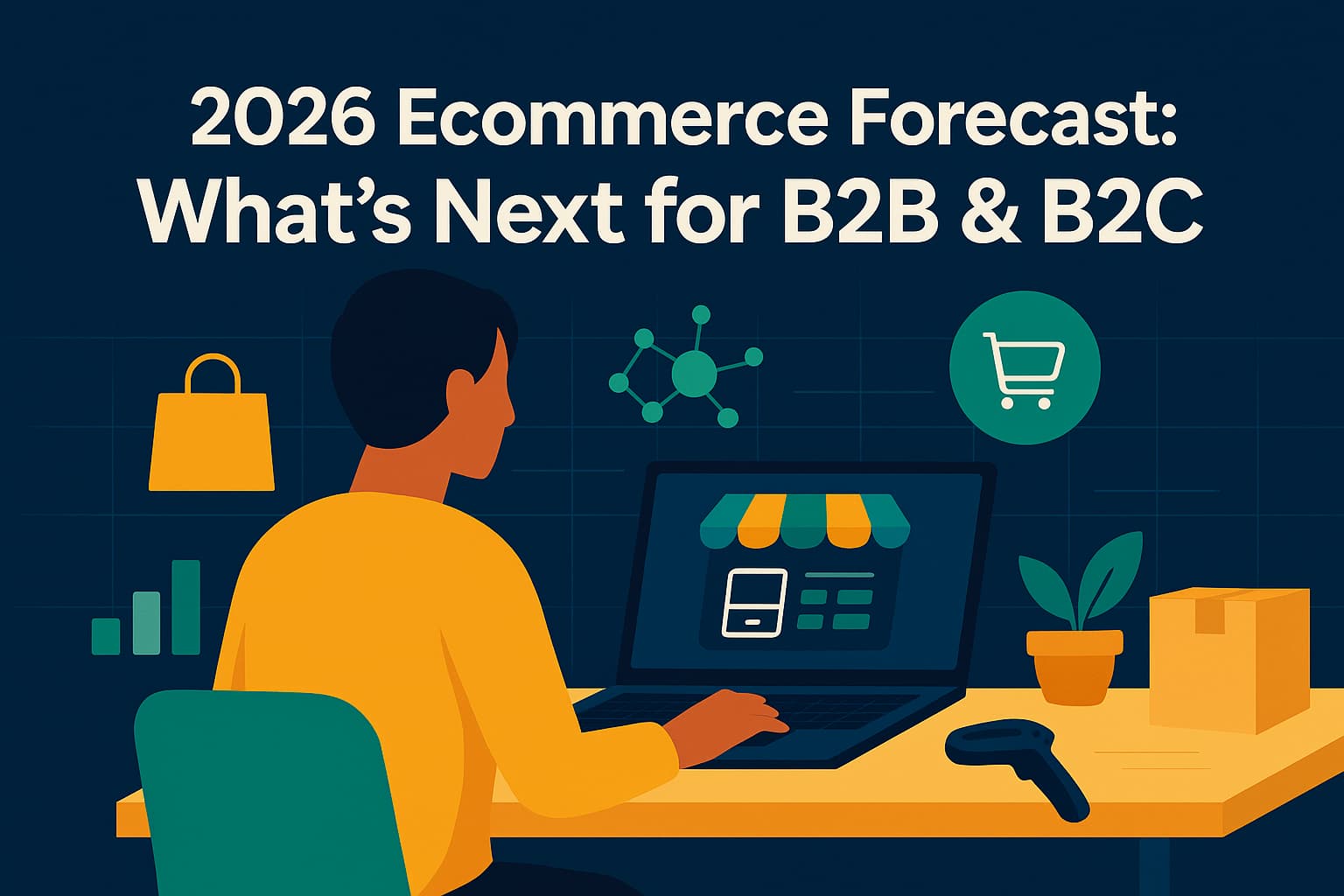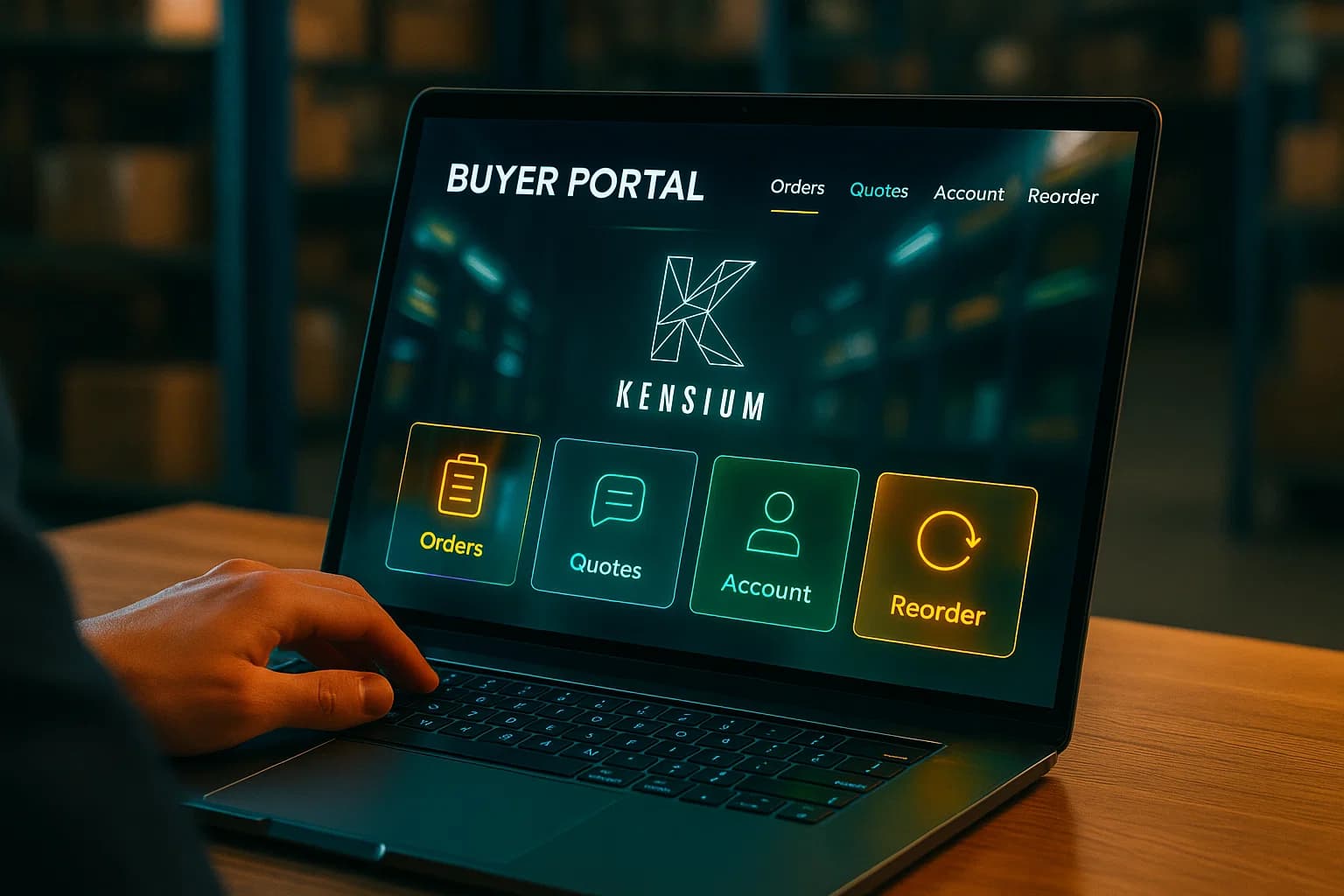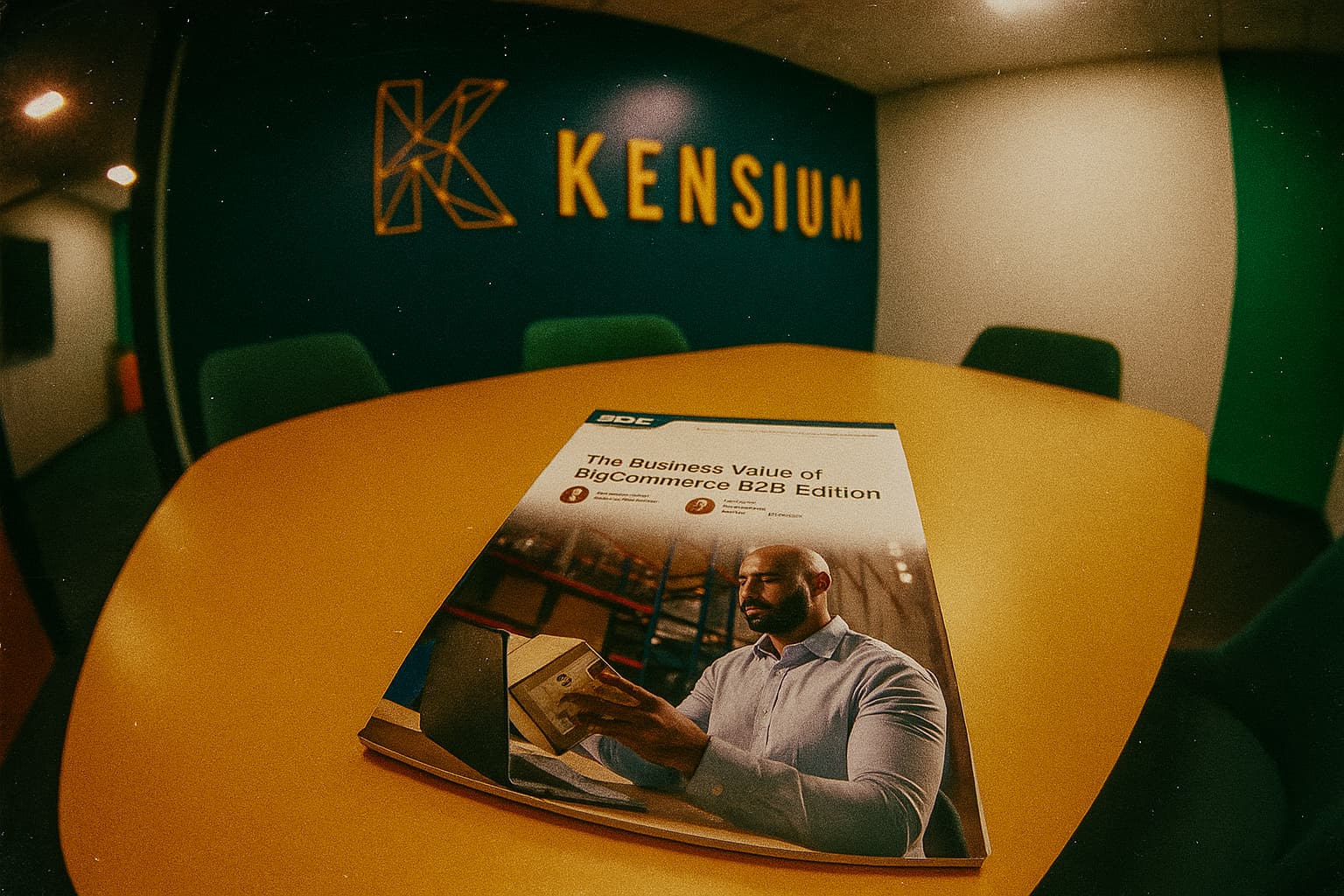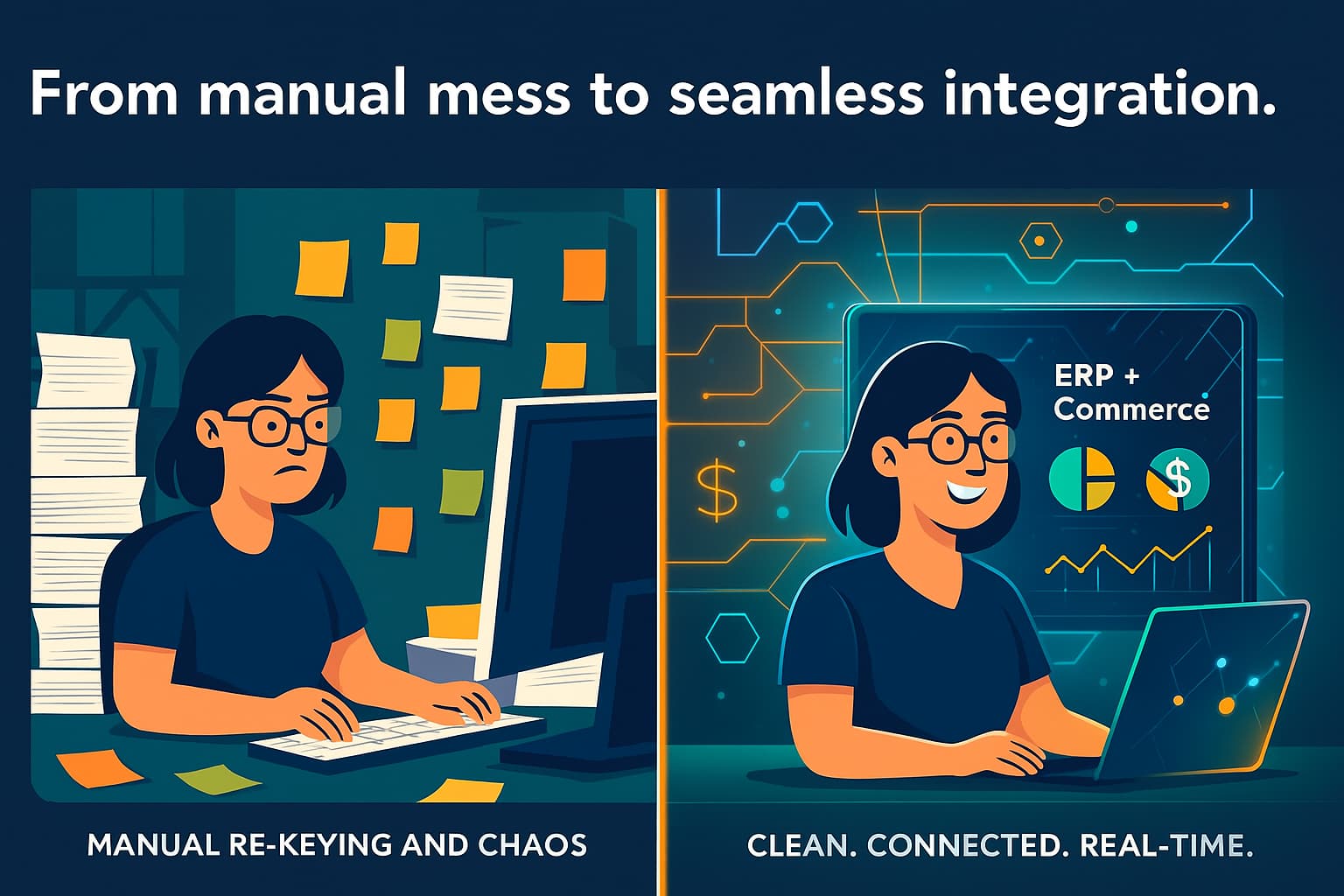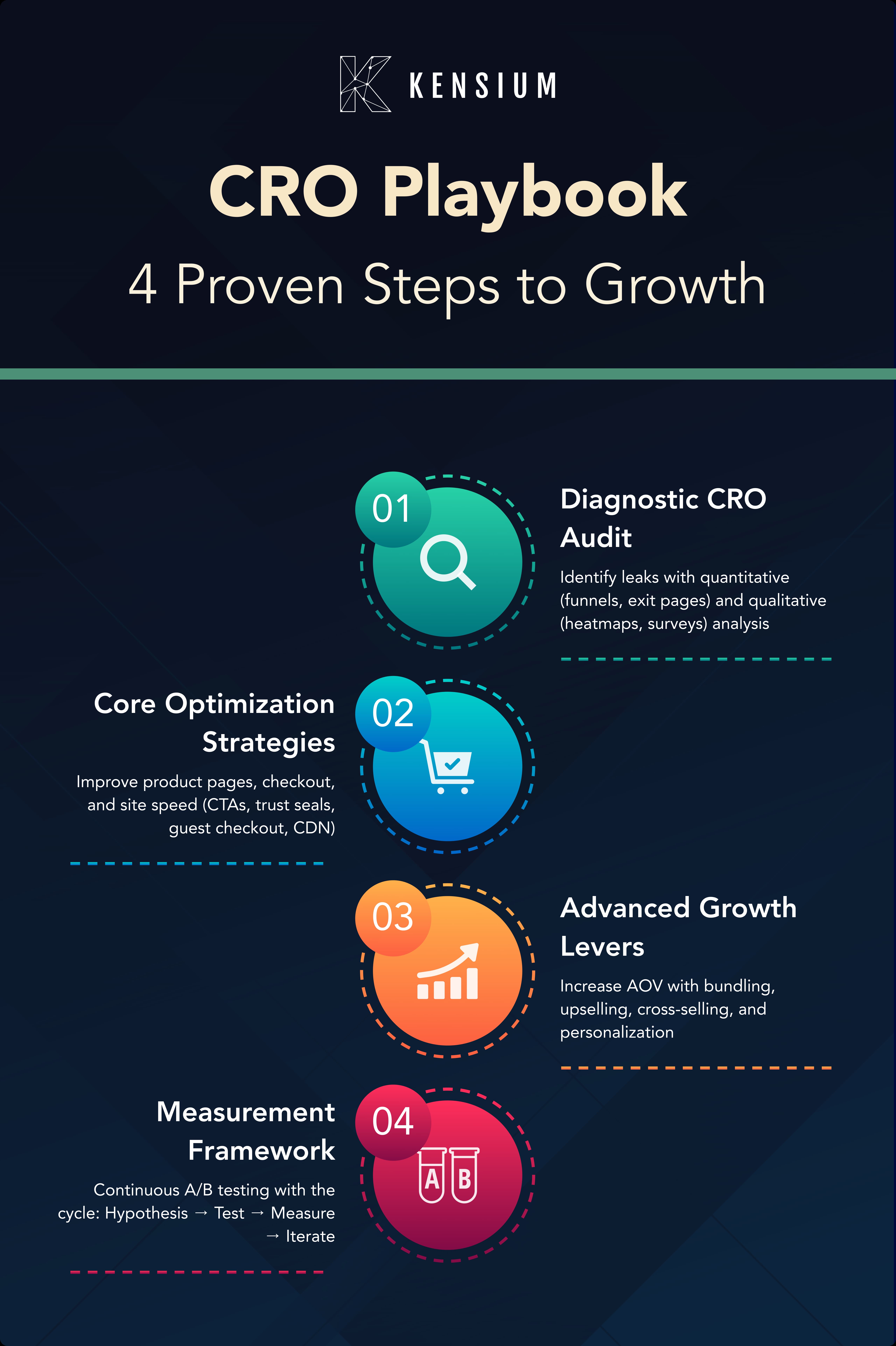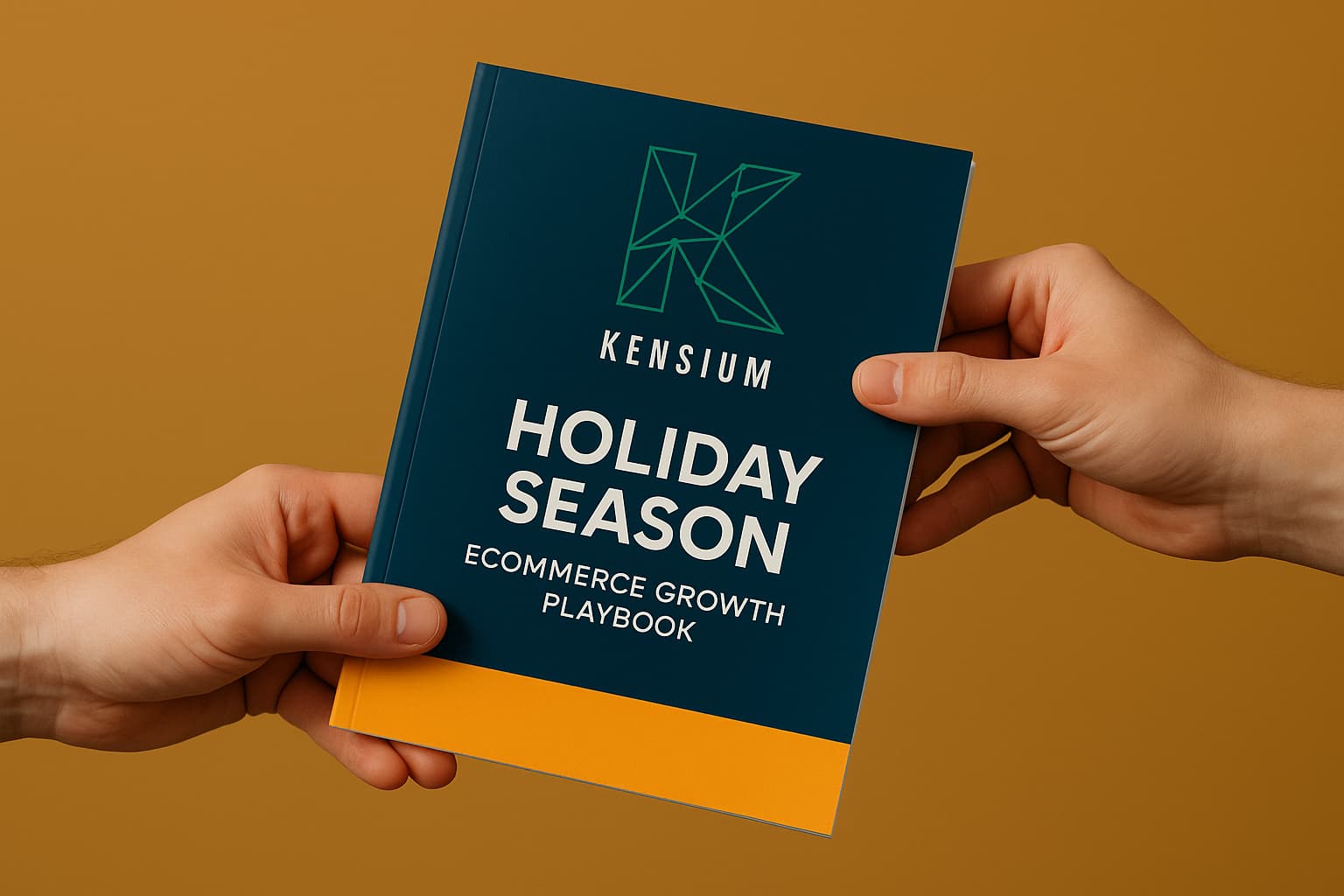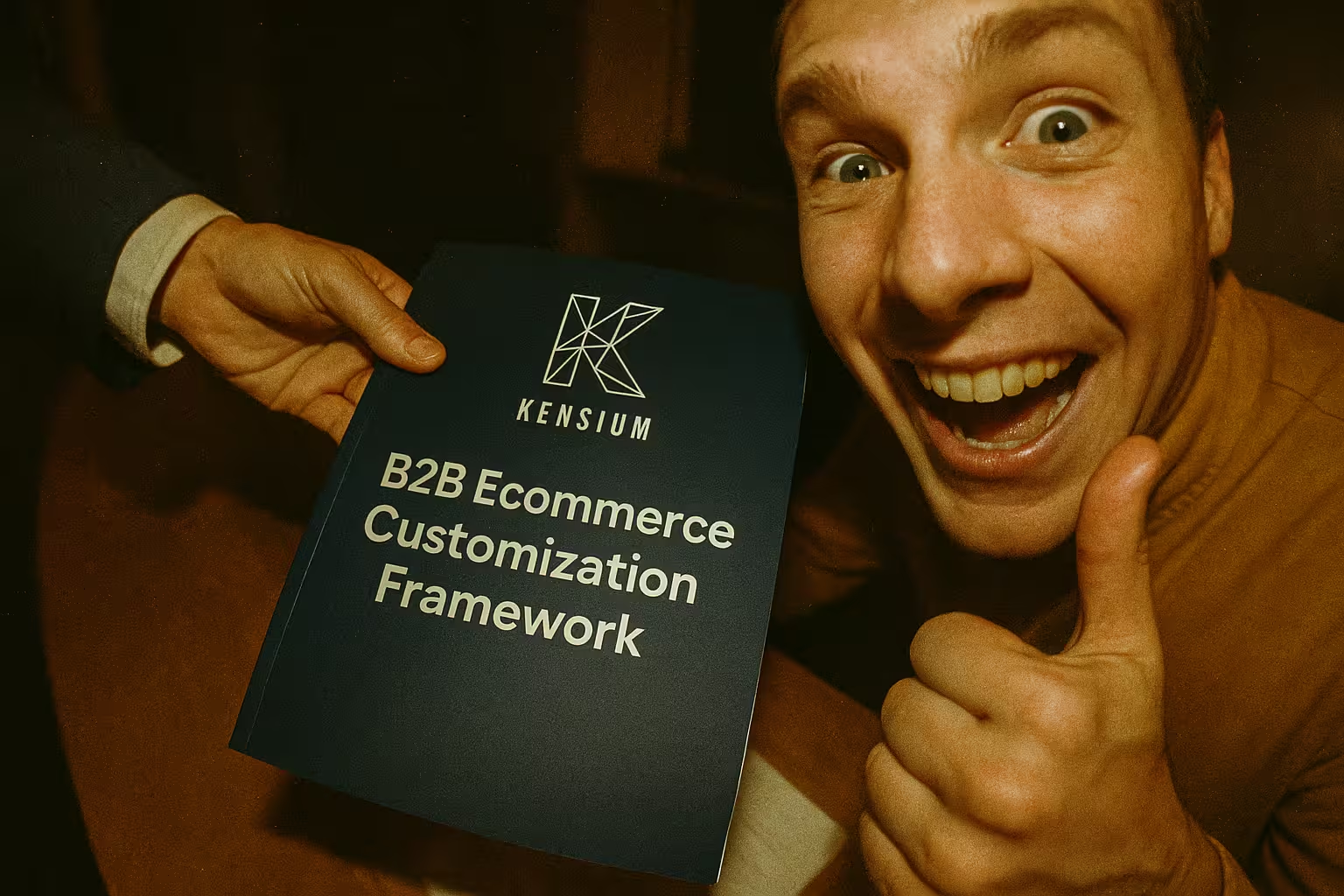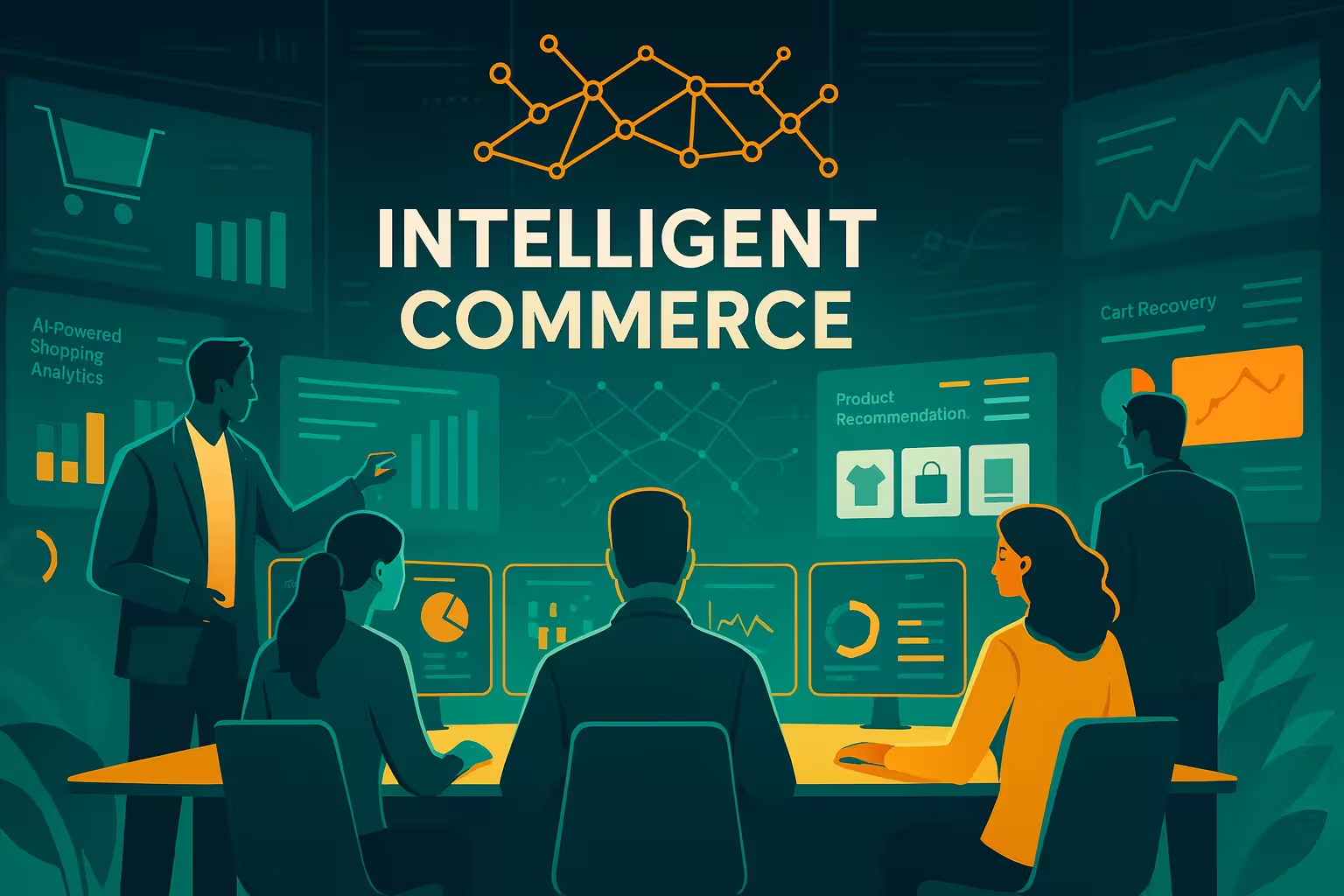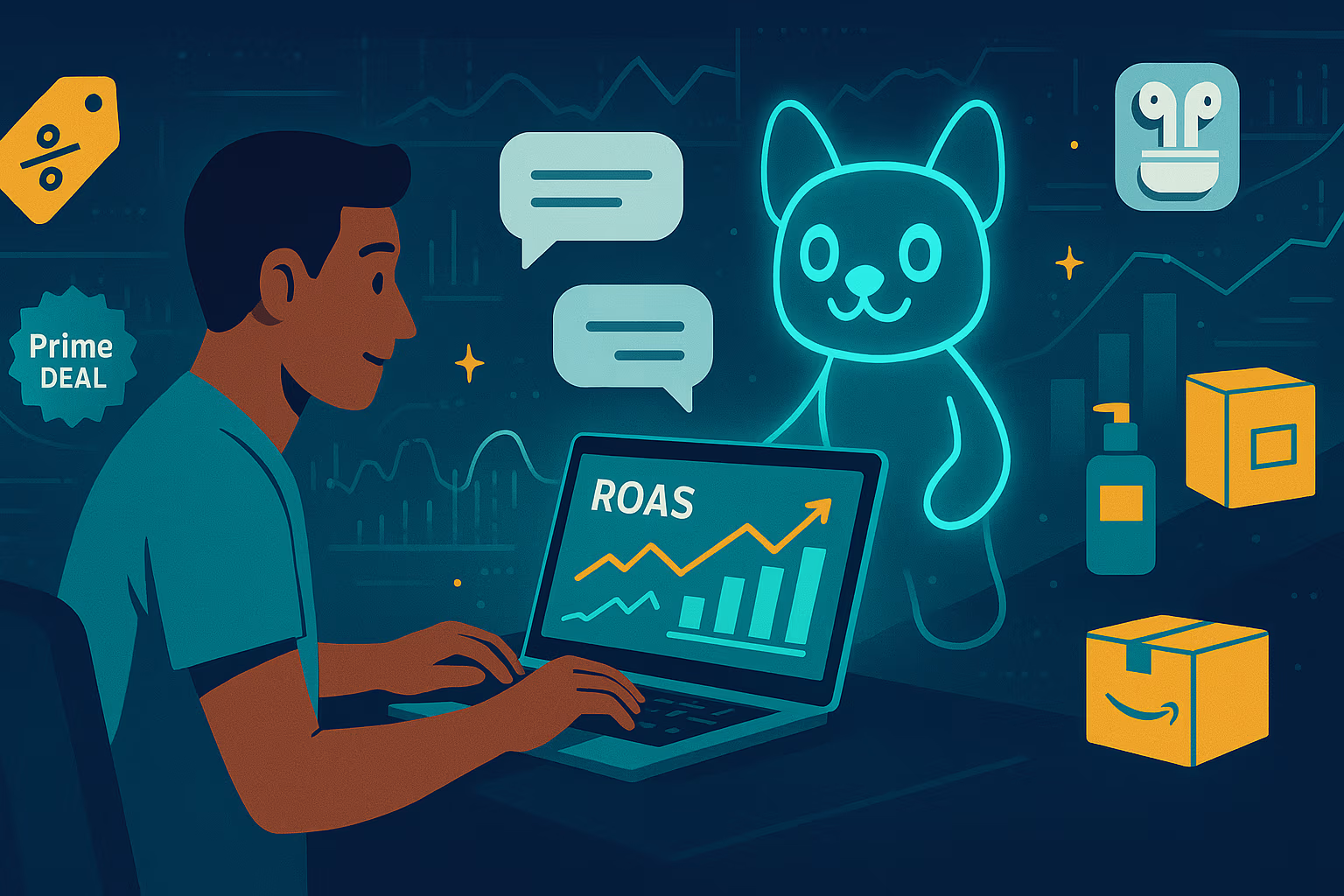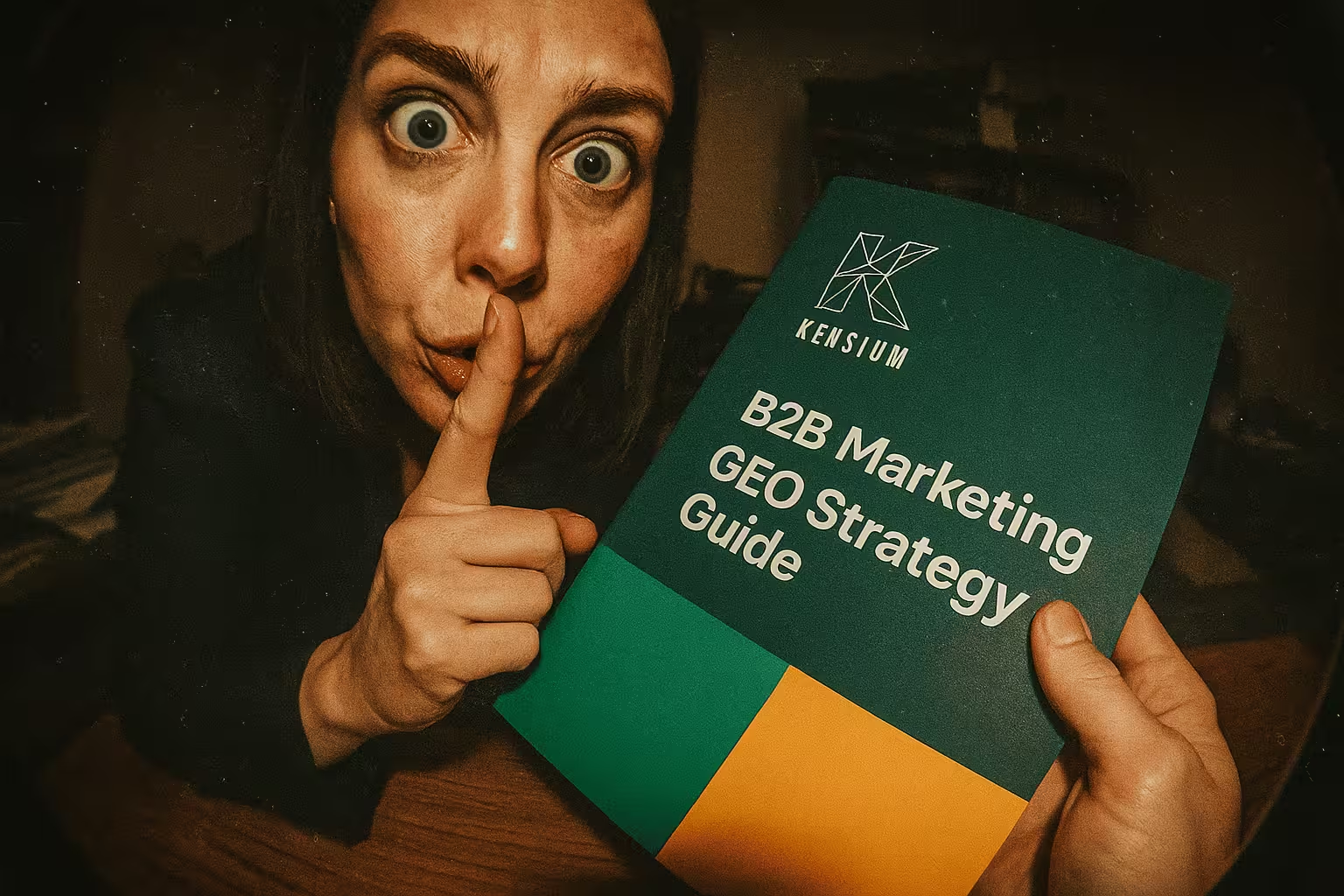
Meet The Next Frontier in Digital Visibility
Artificial intelligence (AI) is changing the way users interact with internet technology, especially when it comes to search, evaluation, and ecommerce. As a result, the hierarchy of dominance with SEO standards is also in transition. The newest and most imperative form of search optimization (in ecommerce, the main goal of search is to make sure you’re showing up in front of your target audience when they search for something related to your product or service) is shifting from SEO to GEO (Generative Engine Optimization).
Unlike traditional SEO, which focuses on ranking in Google’s blue links, GEO focuses on ranking for the answers—those AI-generated summaries and recommendations now served by ChatGPT, Google’s Search Generative Experience (SGE), Perplexity AI, and others. For B2B and eCommerce brands, this shift represents both a challenge and a massive opportunity.
What Is Generative Engine Optimization (GEO) and How Is It Different from Search Engine Optimization (SEO)?
Generative Engine Optimization refers to the process of optimizing your content so that it is selected, cited, or summarized by generative AI engines. These platforms—like ChatGPT with Browsing, Bing Copilot, and Google SGE—don’t just index web pages; they synthesize answers and recommendations using large language models (LLMs).
Key Differences Between GEO and Traditional SEO for Ecommerce:
- GEO is answer-first, not keyword-first.
- Engines prioritize clarity, credibility, and structured data to extract snippets, summaries, or citations.
- Results are more contextual, influenced by how well your content addresses a specific user need.
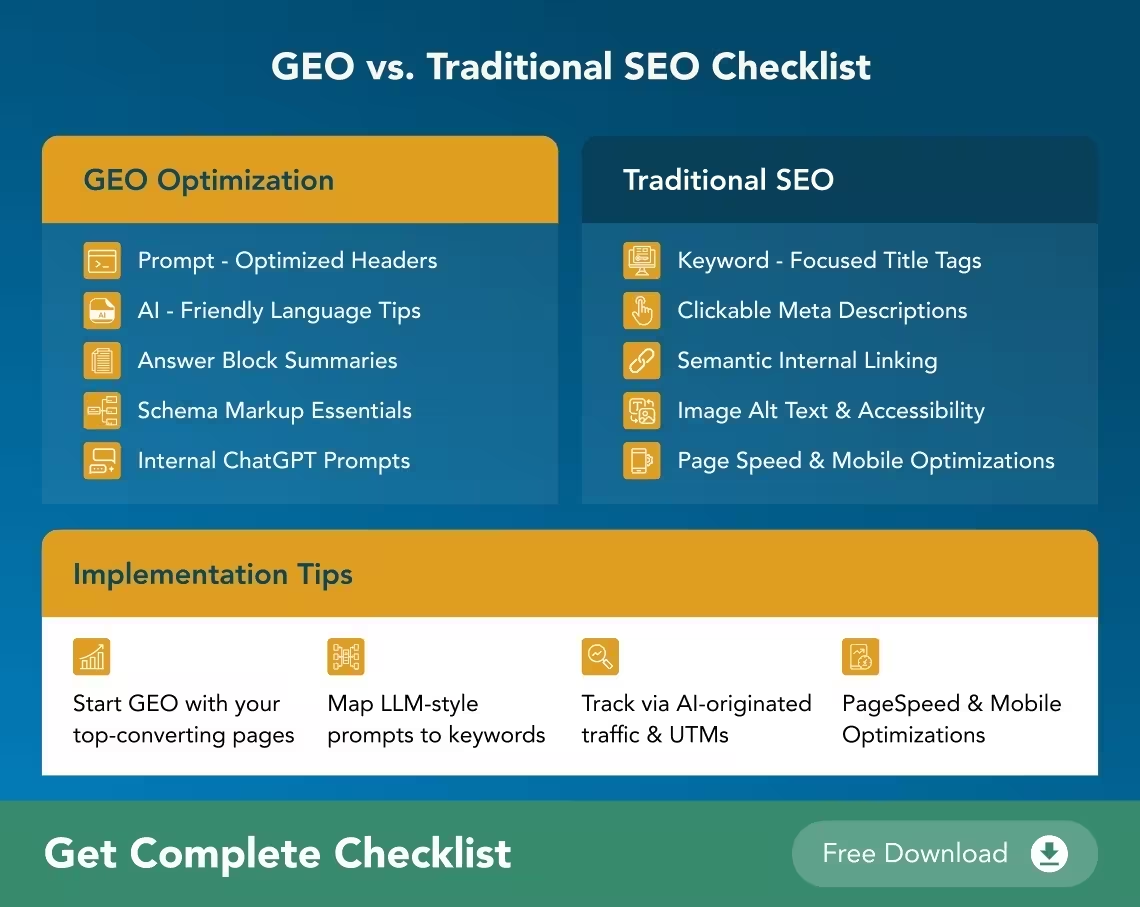
Why It Matters Now: The Rise of AI-Assisted Search
GEO isn’t some distant-future trend—it’s already reshaping the way decisions are made online.
Consider these stats:
- 70%+ of Gen Z and millennial users now use tools like ChatGPT or Perplexity AI to research purchases (Gartner, 2024).
- Google’s SGE results occupy up to 50% of the visible screen on mobile, replacing traditional organic listings (BrightEdge, 2024).
- A recent Orbit Media case study saw a 40% traffic boost from AI tools after implementing GEO-friendly content strategies.
Why B2B & eCommerce Brands Need to Care About GEO
1. AI Powers Early-Stage Buyer Research
Whether a CTO is searching for “best ERP for manufacturers” or a retail buyer is asking “what’s the most eco-friendly packaging supplier,” AI engines are the new gatekeepers of that discovery journey. In fact, Gartner forecasts a 25% decline in traditional search engine traffic by 2026, as users increasingly prefer AI-powered interfaces like ChatGPT, Gemini, and Perplexity.
2. Complex Decisions Need Clear, Trustworthy Content
B2B and high-ticket eCommerce sales often involve multiple stakeholders and detailed comparisons. GEO-optimized content helps ensure your value prop is clearly represented—even when you're not in the room. It also helps to aggregate this data in comparison much faster than traditional search, making it preferable when deciding with multiple options.
3. AI Summaries Are Becoming the Product Shelf
In eCommerce, AI-generated “top product” summaries pull directly from structured product content, user reviews, and FAQ sections. Your competitors may already be showing up. Are you? In fact, according to Reuters, AI-enhanced search ads are expected to skyrocket from $1B to $26B in U.S. spend by 2029 — making AI integration pivotal for ecommerce marketing ROI.
How to Optimize for Generative Engines
1. Add Structured Data Markup
Use Schema.org tags for FAQs, product details, reviews, and blog content. This helps engines accurately extract and attribute content in answers.
2. Create Credible, Fact-Rich Content
Original research, thought leadership, and well-cited insights are AI favorites. B2B brands can win big by sharing case studies, data-backed analysis, and expert opinions.
3. Write for Clarity, Not Just Keywords
AI engines prefer content that mimics natural conversation and answers real questions. Use headings like “What is XYZ?” or “How does it work?” and be direct in your responses.
4. Build Topic Clusters
Group your content into logical themes (e.g., “AI for Retail,” “Magento ERP Integration”) to reinforce subject-matter authority across your site.
5. Strengthen E-E-A-T Signals
Highlight author expertise, client testimonials, certifications, and partnerships. These trust signals help you stand out in AI-driven summaries.
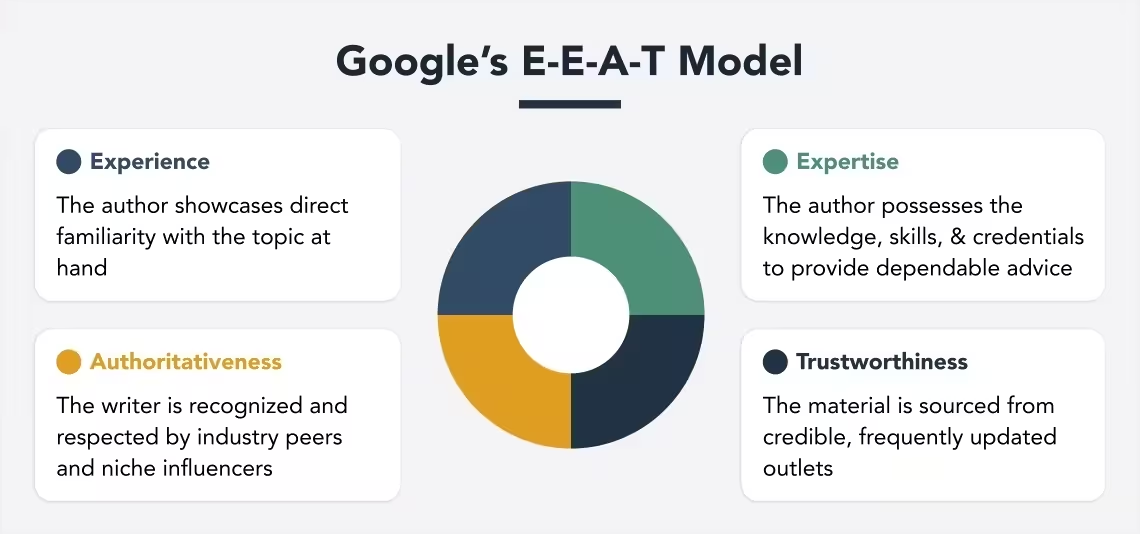
Tools to Track & Improve Your GEO Strategy
First-Party Case Study: Kensium’s GEO Strategy in Action
In 2024, Kensium implemented a full GEO strategy for our ERP-integrated eCommerce blog series. The result:
- 17% increase in traffic from AI search interfaces
- Featured as a source in ChatGPT browsing answers for "best ecommerce ERP"
- 2x lift in SEO-to-demo conversions from structured blog content
Final Takeaway: GEO Is Already Here—Are You Ready?
Generative Engine Optimization is not a replacement for SEO—it’s an evolution of it. For B2B and eCommerce brands, it’s the key to showing up when the search box disappears and the AI summary begins.
At Kensium, we’re helping our clients:
- Reformat content for AI citation
- Build semantic SEO structures
- Authoritatively own high-intent questions
👉 Ready to optimize your content for the future of search? Contact the Kensium SEO & AI Strategy Team today.
FAQs
Is GEO relevant only for large enterprises?
No—GEO gives mid-market brands a visibility edge, especially in niche B2B queries.
How do I know if my content is GEO-friendly?
Use ChatGPT or Perplexity to test your brand visibility. Also validate schema and check clarity.
Do I need to rewrite all my old content?
No. Start with high-traffic or high-intent pages and repurpose those into structured, conversational formats.
Citations
- BrightEdge. (2024). Generative Engine Optimization: The New SEO Frontier
- Orbit Media. (2024). How AI Search Drives Traffic: Real SEO Case Studies
- Gartner. (2024). The AI Search Effect: New Buyer Behavior Trends
- Perplexity.ai. (2024). SEO & AI Report: How We Choose Sources
- Google Search Central. (2024). Optimize your content for Search Generative Experience (SGE)









.png)











